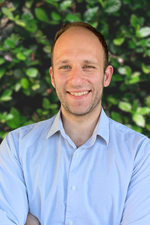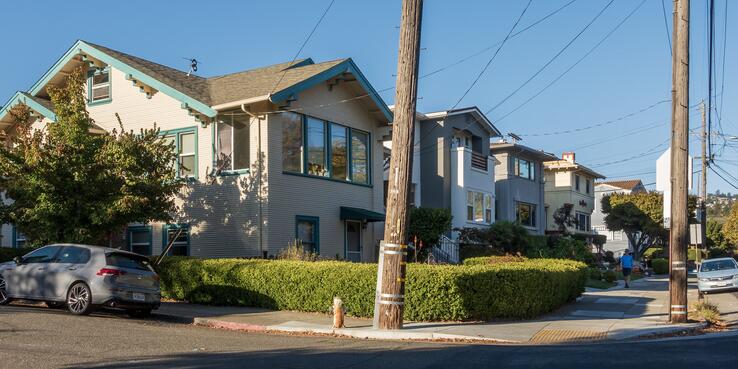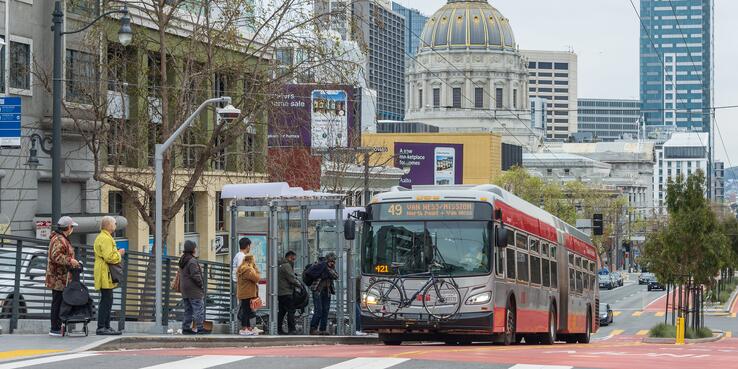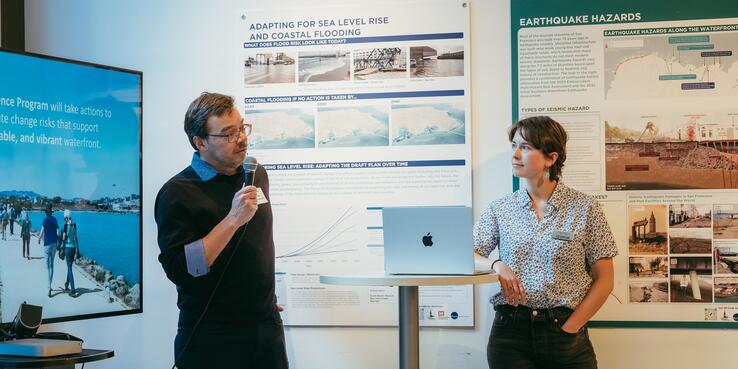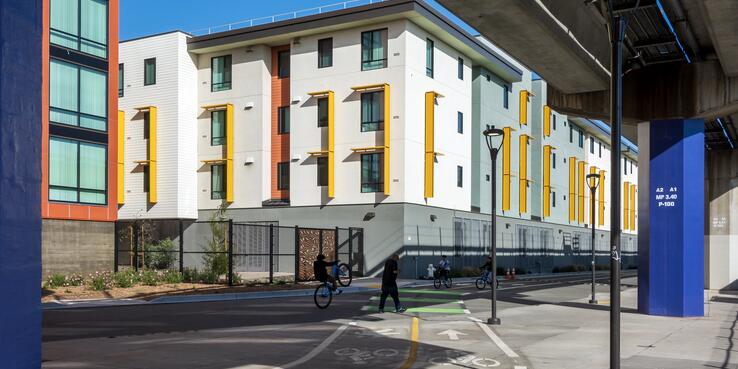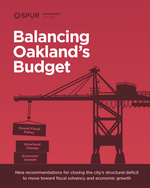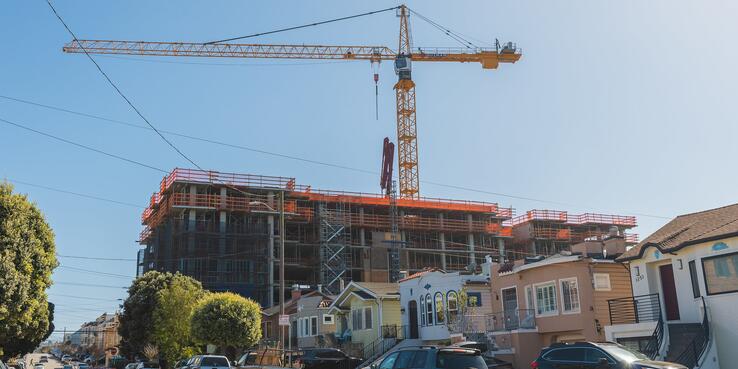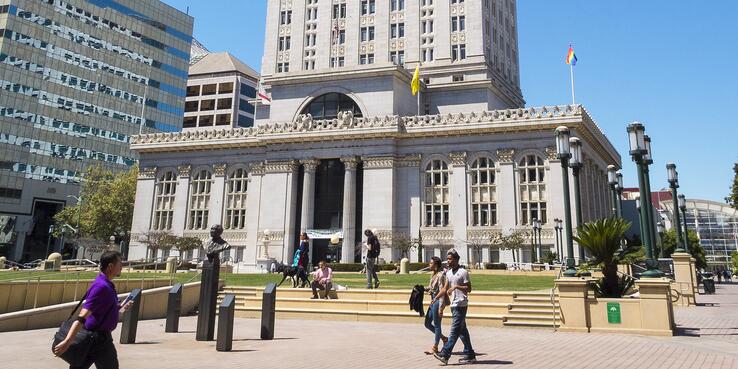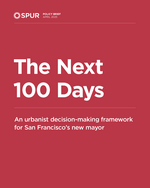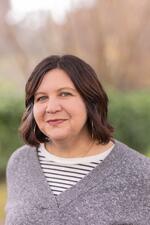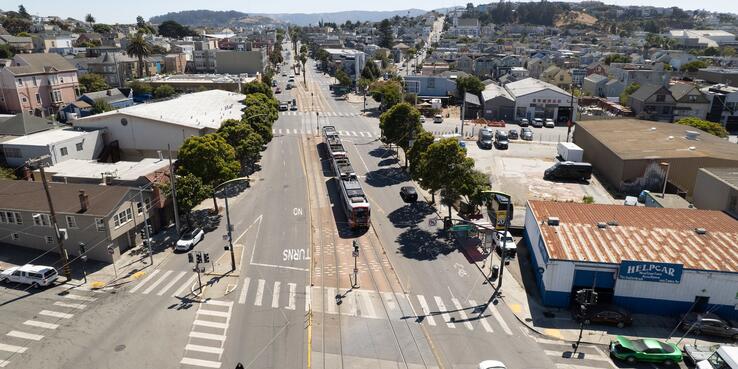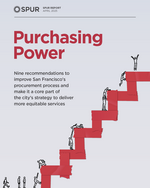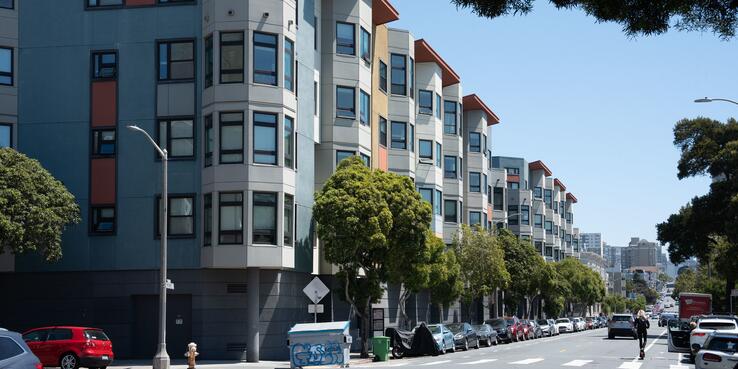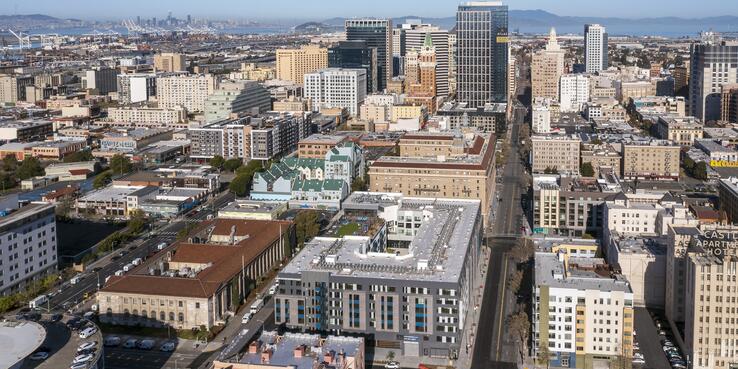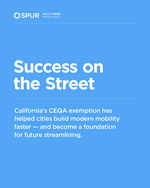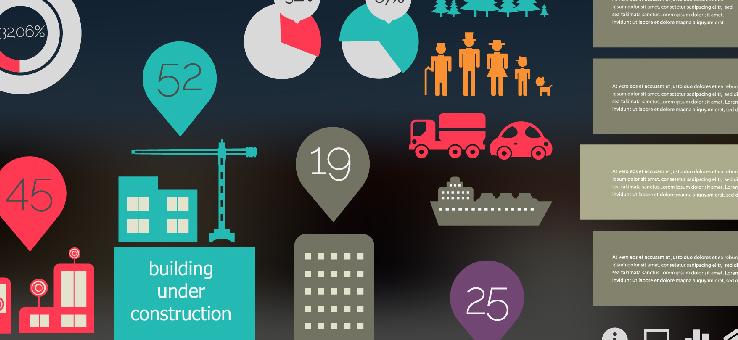
The Red Tape Holding Back Heat Pump Adoption, and What to Do About It: Q&A with Sam Fishman
News / Heat pumps can heat and cool buildings, reduce greenhouse gasses, and improve indoor and outdoor air quality. So why aren’t they more common in California? A web of complex requirements, restrictive zoning and planning codes, excessive documentation requirements, and high fees have hindered adoption. SPUR’s Sam Fishman explains current permitting headaches and walks us through how to smooth the way to a gas-free future for buildings.
Timing Is Money: Transitioning Homes to Electric Energy When the Financial Burden Is Lightest
News / SPUR supported a recent Berkeley ordinance that motivates investments in zero-emissions home retrofits by taking advantage of home sales to require energy upgrades. Berkeley’s time-of-sale approach balances consistent investment with flexible compliance pathways for retrofits. It’s just one approach cities can take to expand their decarbonization toolboxes.
Greenlighting Clean Heat
Policy Brief California and the Bay Area are using zero-emission appliance rules, building codes, and climate action plans to move the heating appliance market and consumers toward a gas-free future for buildings. But fragmented and outdated permitting systems are posing a barrier to adoption of electric appliances and delaying their health and climate benefits. SPUR offers five recommendations to streamline and standardize permits to improve safety, lower costs, reduce burdens on contractors and consumers, and create a fairer, more efficient system.
Balancing San Francisco’s Budget, Part 3: Closing the Structural Deficit
News / San Francisco faces an unprecedented fiscal crisis as rising costs and stagnant revenues drive a growing structural deficit. With a projected $1.47 billion deficit by FY 2029–30, city leaders must now make tough choices, including cutting costs, redefining core services, improving budget management, and updating the city charter. The third article in our series looks at structural solutions that can help the city avoid future instability and ensure a sustainable fiscal future.
From Uncertainty to Opportunity: SPUR Exhibition Reframes the Climate Change Narrative
News / SPUR’s exhibition Watermarks: Postcards from the Future invited attendees to approach the challenges of inland and coastal flooding from a perspective of opportunity rather than distress and uncertainty. The exhibition and related events were inspired by three SF Climate Week questions: What if we reframe our relationship with water as one of coexistence rather than control? What if adaptation projects could both revive natural ecosystems and improve public access to the waterfront? What if adaptation needs also create space for community empowerment and equitable action?
Balancing San Francisco’s Budget, Part 2: Revenues and Expenditures
News / A city’s budget reflects its priorities and values — and choices made over the years. San Francisco’s $15.9 billion budget for 2024–25 is increasingly constrained, with only 18% of funds remaining truly discretionary due to legal mandates, voter-approved set-asides, and other restrictions. Key revenue sources have become more volatile since COVID, and rising costs leave limited flexibility to adapt to changing fiscal conditions. In this article, we take a deep dive into the city’s revenues and expenditures.
State Legislature’s Fast-Track Housing Package Includes 3 SPUR-Sponsored Bills
News / The California State Legislature’s “Fast-Track Housing” package addresses the state’s housing crisis on multiple fronts. SPUR sponsored three of the package’s bills and is working on four other bills that would make it easier to build critically needed housing, including in transit-rich areas where increased density could boost transit use and help the state meet its climate goals.
Balancing Oakland’s Budget
SPUR Report Oakland faces a fiscal crisis that is years in the making. For decades, revenues have failed to keep pace with rising costs for pensions, health care, and operations. To close its structural deficit, Oakland must commit to following its own sound financial policies, align on a budget stabilization plan, make structural changes to municipal operations, and promote long-term thinking to grow Oakland’s economy inclusively. SPUR offers nine recommendations to achieve these goals.
Balancing San Francisco’s Budget, Part 1: The Budget Process
News / Meeting San Francisco’s many challenges, from accelerating housing production to revitalizing downtown and improving transportation operations, hinges on a lasting fix for the city’s structural budget deficit. As city leaders work to address a projected budget shortfall of $817 million for fiscal years 2025–2026 and a nearly $1 billion deficit for fiscal years 2027–2028, they must grapple with voter-approved spending mandates and a budget process that limits their options.
How SF’s New Mayor Should Spend His Next 100 Days: Q&A With Sujata Srivastava
News / Part of SPUR’s role is to articulate clear principles and goals for urban policymaking. As San Francisco Mayor Daniel Lurie’s administration passes the 100-day mark, SPUR offers a decision-making framework to help the new mayor and his administration set priorities and maintain momentum in the face of complex and evolving challenges.
Mayor Lurie’s Family Zoning Plan Is a Leap Forward for San Francisco Housing Policy
News / Mayor Lurie’s recently proposed Family Zoning Plan increases the likelihood that San Francisco will meet its state-set goal to build 82,069 new homes. The plan would remove regulatory obstacles to building dense multifamily housing in most neighborhoods and create new opportunities to build housing near schools, businesses, and transit. Critically, it would remedy historic patterns of segregation by dismantling hallmarks of exclusionary zoning in the city’s northern and western neighborhoods.
What It Will Take to Close Oakland’s Structural Deficit, Part 3: Balancing Budget Priorities
News / On May 1, Oakland’s interim mayor will roll out the city’s proposed 2025–2027 budget, which will look to address a $280 million projected deficit over the next two years. As Oakland navigates this moment of leadership transition, policymakers, administrators, employee unions, and community must work together to find creative ways to reduce spending and grow revenues. Although the structural budget deficit cannot be closed in this budget cycle, the city can pass a balanced budget that commits to sound financial practices, lays the foundation for reforms to Oakland’s governance structure, and builds the city’s capacity to grow economic prosperity for all Oaklanders.
The Next 100 Days
Policy Brief San Francisco’s new mayor has made significant strides in his first 100 days in office. To maintain the momentum for change, the Lurie administration will need to set priorities in a time of many competing needs. SPUR’s new brief offers a framework for developing policies to streamline government operations, revitalize downtown, create more housing, support transit, prepare for climate hazards and earthquakes, and reduce fossil fuel use.
How San Francisco Can Improve Public Services and Lower Costs: Q&A with Nicole Neditch
News / Procuring goods and services is a critical facet of San Francisco’s operations, totaling more than a third of the city’s annual budget. Although the system aims to enhance service delivery and foster sustainable practices, its web of regulations results in a process that takes months or even years, limits competition, and increases costs for public goods and services. We talked to SPUR’s Nicole Neditch about how San Francisco can make its procurement system more effective, equitable, and responsive to community needs.
Why SPUR Is Supporting SB 63, a Tax Measure to Keep Transit Alive
News / Drastic cuts in the Bay Area’s transit services are all but guaranteed absent a regional transit funding measure. Senate Bill 63 would authorize several counties to place a tax measure on the November 2026 ballot in an effort to avoid such cuts. SPUR strongly supports the bill because it represents a practical and politically realistic framework to keep the region’s largest transit operators from going over a fiscal cliff.
Purchasing Power
SPUR Report Procurement can be a powerful tool to realize San Francisco’s goals to reduce inequalities and protect the health, well-being, and financial security of its constituents. But the complicated maze of legislation and policies that govern the city’s procurement system is making it harder to reach these goals. Our newest report identifies procurement process improvements to better wield this tool for social gains.
Clean Heating for All Is Possible with Targeted Public Programs
News / Getting gas heating out of homes is a big part of meeting the climate challenge. But doing so means ensuring that those with the least means and greatest pollution burdens are not left behind in the transition to clean heating. Cost support, technical support, educational resources, and community engagement can make the transition equitable.
Why (and Where) San Francisco Needs to Allow More Homes: A Housing Element Primer
News / California has set a goal for San Francisco to build 82,069 new homes by 2031. Doing so will mean changing restrictive zoning policies that are currently hindering sufficient housing construction and keeping historic patterns of segregation in place. If the city fails to update its zoning, it risks losing state funding and local control over housing development. SPUR provides a primer on the state’s housing element law and what it means for San Francisco.
Yes on Measure A: Sales Tax Increase to Help Oakland Close Its Budget Deficit
News / On April 15, Oaklanders will vote on a proposed measure to raise the city’s sales tax from 10.25% to 10.75%, potentially generating an additional $29.98 million in net annual revenue for the city’s General Fund over 10 years. While Measure A is a regressive tax that will not solve Oakland’s structural deficit on its own, SPUR believes this additional revenue source will help prevent fiscal insolvency and protect against further reductions in public safety services.
Success on the Street
Policy Brief For years, California’s bureaucratic environmental review process held up transportation projects designed to reduce carbon emissions, including transit upgrades and bike lanes. Recent legislation changes created a temporary exemption for sustainable projects, which has allowed 92 climate-friendly projects to move forward. To keep this momentum going and meet state climate goals, California must make the exemption permanent. SPUR’s new brief makes the case for this and other changes to streamline sustainable transportation in California.
